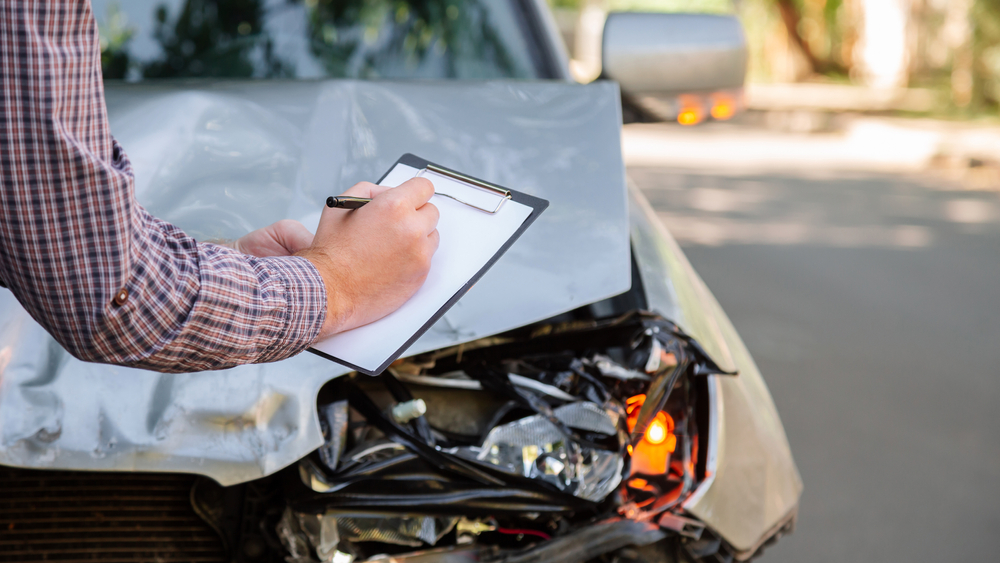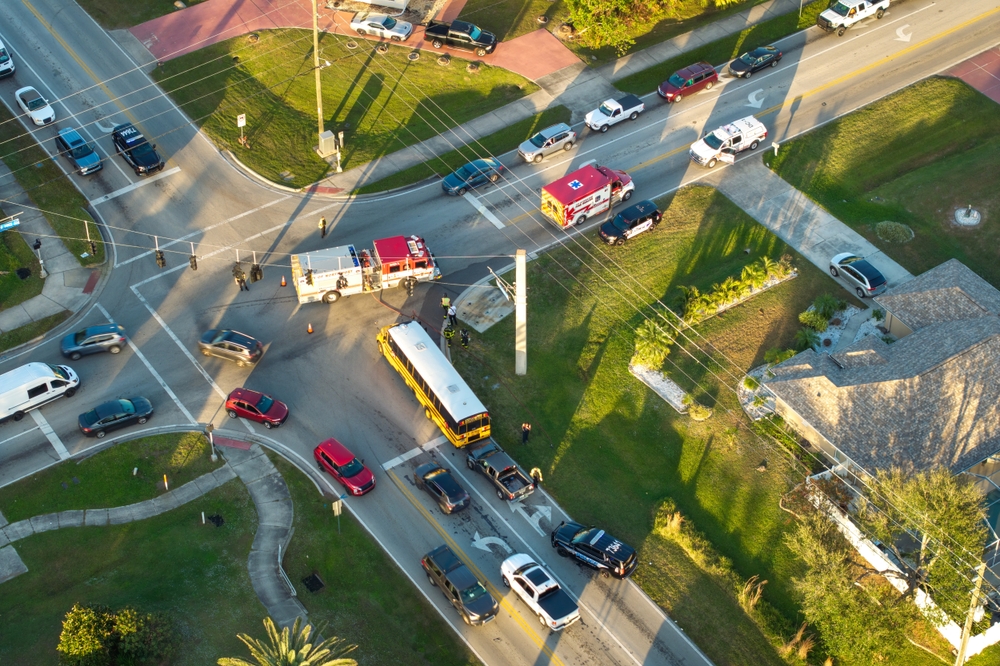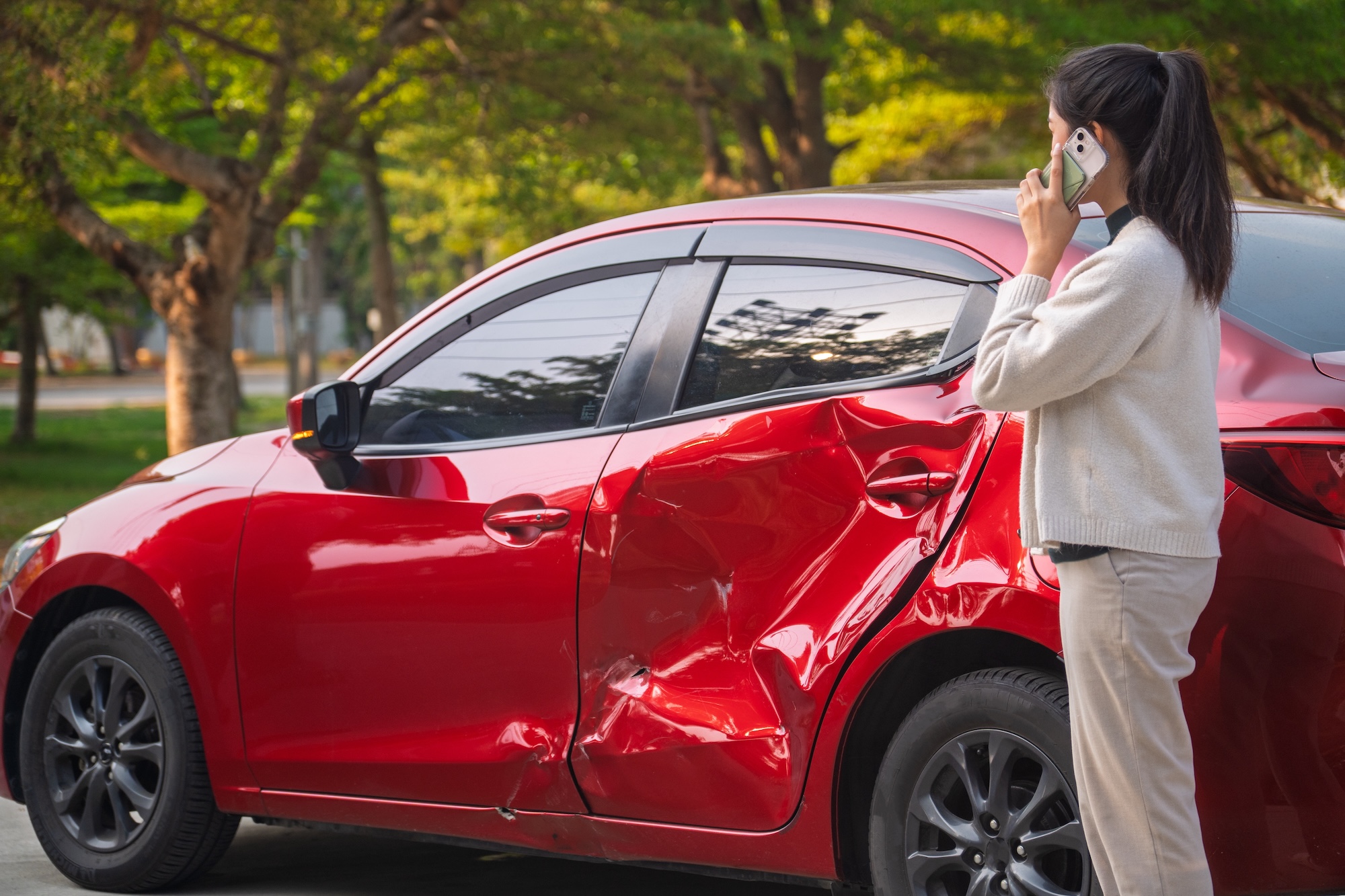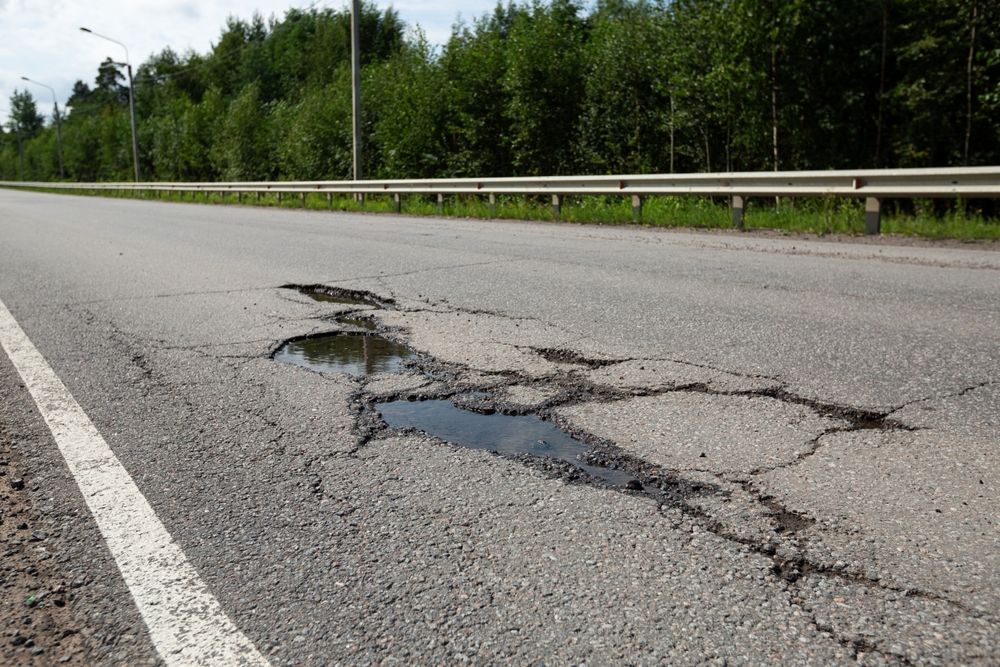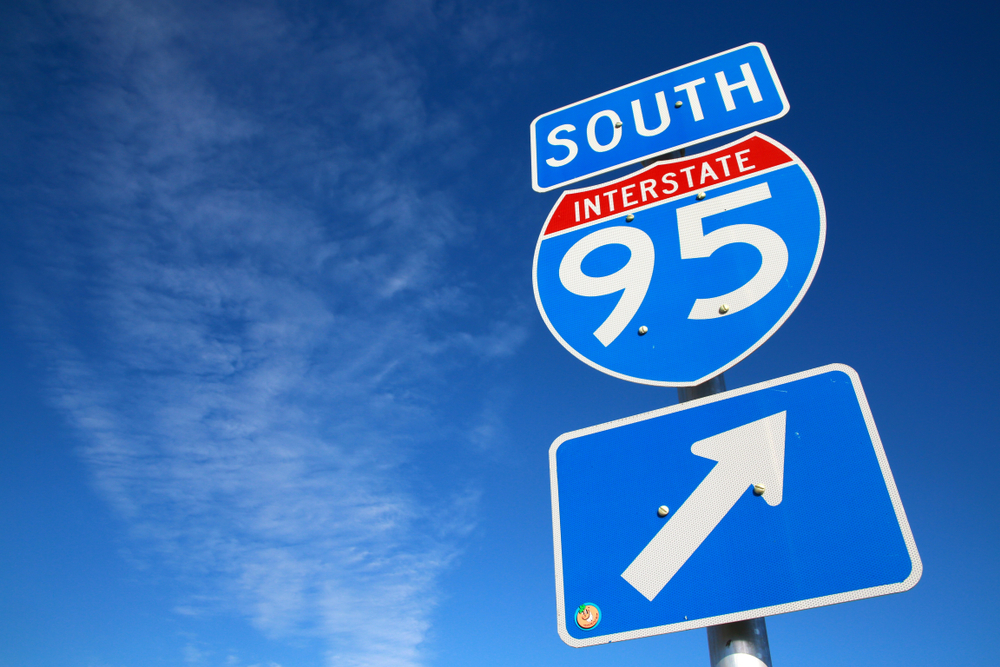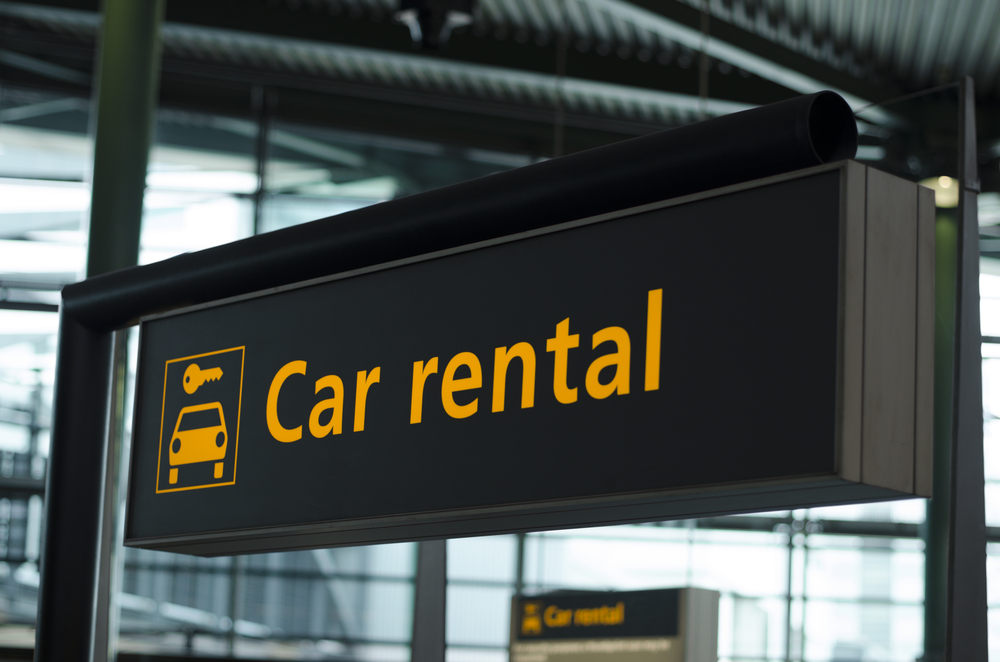After a car accident, your insurance rates may increase, which can significantly impact your financial situation. Many drivers experience higher premiums, adding to the stress following an accident. Understanding how much your insurance may rise and what factors contribute to these changes is important for managing your budget. Consulting with a skilled car accident attorney can provide valuable insights into your circumstances and help you navigate the claims process.
This article breaks down the factors that influence insurance rates and offers guidance on what to expect after an accident. Find out how much your insurance can increase after an accident and explore ways to minimize the impact. Armada Law offers insights and legal guidance.
Insurance Premiums Explained
Insurance premiums are the amount you pay to your insurance company for coverage. The cost of your premiums is based on several factors, including your driving record, the type of car you drive, and your location. Knowing how much car insurance goes up after an accident helps you prepare for potential financial changes.
How Insurance Premiums Are Calculated
Insurance companies use a variety of factors to calculate your insurance premiums. These factors may include:
- Your driving record: If you have a history of accidents or traffic violations, your insurance premiums will be higher than if you have a clean driving record.
- The type of car you drive: Some cars are more expensive to insure than others. Newer cars, luxury vehicles, or cars with lower-rated safety features may be more expensive to insure.
- Your location: Where you live can also affect your insurance premiums. If you live in an area with a high rate of accidents, your premiums will be higher.
- Your age: Younger drivers are more likely to be involved in accidents, so they typically pay higher insurance premiums than older drivers.
- Your gender: In some states, men pay higher insurance premiums than women.
- Your credit score: In some states, your credit score can affect your insurance premiums.
These factors combine to create a personalized risk assessment. Higher risk results in increased premiums, while lower risk leads to more favorable rates.
The Role of Accident History in Determining Premiums
If you’ve been in a car accident, your insurance premiums will likely go up. The amount of the increase will depend on the severity of the accident, your insurance company’s policies, and the causes of the accident.
In general, the more serious the accident, the higher your insurance rates will go up. If you are at fault for the accident, your rates will go up more than if you are not at fault. It’s important to note that your insurance premiums may not go up immediately after an accident. In some cases, your insurance company may wait a few years before increasing your rates.
Impact of an Accident on Insurance Rates: Factors Influencing Rate Increases
After an accident, various factors determine how much your insurance rates will increase. The severity and type of accident seriously impact your insurance costs. Minor incidents, such as fender benders with little to no damage, typically lead to smaller increases.
Conversely, severe accidents resulting in significant property damage or accident injuries result in a more considerable rise in rates. Insurers evaluate total costs, including vehicle repairs and medical expenses. For context, the average insurance increase after an at-fault accident is generally higher in cases involving extensive damage, reflecting the financial risks to the insurer.
Fault determination plays a vital role in influencing your premium. If you are found at fault for the accident, expect a larger increase compared to situations where you are not at fault. Insurers analyze the circumstances of the accident to establish liability. In no-fault states, while the rules differ, being at fault often leads to higher costs. Understanding how your state defines fault can clarify how liability impacts your insurance rates, helping you anticipate potential increases.
Your driving history also contributes to premium adjustments. A clean record indicates lower risk to insurers, leading to more favorable rates. However, a history of multiple accidents portrays you as a higher risk, resulting in increased premiums. Many insurers use a tiered rating system. Each additional accident raises your risk profile. Even a single incident can affect your rates, especially if you have a poor safety record. Maintaining good driving habits is crucial for minimizing future costs.
Average Insurance Increase After At-Fault Accident
For an at-fault accident involving property damage, expect an average rate hike of around 43%. If the accident results in bodily injury, the increase can be even higher. For instance, some insurers may raise your rates by up to 49%. These increases reflect the higher risk you pose to insurers after an accident.
State-specific regulations also play a role in determining rate hikes. Insurance rate hikes vary across states due to different regulations and risk assessments. In South Carolina, the average rate increase after an at-fault accident is about 43%. Comparatively, in Georgia, the increase might be around 45%, while in North Carolina, it could be closer to 40%. Tennessee sees a similar trend with an average increase of about 42%.
Reducing the Impact of Rate Increases
While it’s common for insurance rates to increase after an accident, there are several strategies you can use to minimize the impact. Understanding how insurance companies calculate rate increases can help you prepare and reduce costs. Factors such as accident severity, fault determination, and previous claims history all influence how much your premium will rise.
Some insurers also consider additional details, like location and driving habits, meaning even small adjustments can make a difference in your pricing. Knowing how these elements work allows you to take control and explore cost-saving opportunities. Here are a few strategies to reduce the impact of the rate increase:
Accident Forgiveness Policies
Many insurance companies offer accident forgiveness policies that can help you avoid rate increases due to a single at-fault accident. If your current policy doesn’t include accident forgiveness, you may be able to purchase it as an add-on.
Accident forgiveness is designed to protect drivers from sudden financial penalties, but not all companies offer it automatically. Some providers require policyholders to remain claim-free for a certain number of years before qualifying for forgiveness. Others may impose limits on how often the benefit applies, meaning multiple accidents in a short period could still result in higher premiums.
Before paying for accident forgiveness, it is important to compare options. Some insurance companies include this benefit in their standard policies, while others charge extra. Reading the fine print ensures that you understand whether forgiveness is granted immediately or requires specific conditions to be met. Additionally, certain insurers may revoke the forgiveness benefit if policyholders fail to meet ongoing eligibility requirements, such as maintaining continuous coverage or renewing on time.
Negotiating Lower Premiums
Negotiating lower premiums is another smart strategy. Start by contacting your insurance provider and discussing potential discounts, such as safe driver programs or bundling home and auto insurance. Demonstrating long-term customer loyalty or improving your driving record helps you argue for better terms. Don’t hesitate to ask for a reassessment, especially if you’ve taken steps to improve your risk profile. Many insurers offer flexible pricing structures, which means there may be opportunities to lower your rate beyond standard discounts. If your credit score has recently improved, you may qualify for reduced rates, as financial stability is sometimes considered when pricing policies are made.
Another way to lower costs is by exploring usage-based insurance programs. Some companies track driving behaviors through mobile apps or vehicle-installed devices. By maintaining smooth acceleration, avoiding sudden stops, and driving at low-risk hours, policyholders can earn significant discounts based on their driving habits. Enrolling in these programs can make a difference, especially for those who consistently demonstrate safe driving skills.
Raising your deductible is another method to reduce monthly premiums. While a higher deductible means paying more out-of-pocket after an accident, it can substantially decrease overall insurance costs. Drivers who rarely file claims may benefit from adjusting their deductibles to keep rates manageable. Reviewing your policy regularly also helps ensure you are not paying for unnecessary coverage. Checking for outdated add-ons or adjusting mileage estimates could further optimize your insurance expenses.
Legal Options for Disputing Unfair Rate Hikes
If you believe your rate hike is unfair, legal options are available. Consulting a personal injury lawyer can help you dispute unjust increases. An attorney evaluates whether your insurer is following proper guidelines and may assist in negotiations or legal challenges. Legal advice ensures you are treated fairly under state regulations, giving you leverage to protect yourself against excessive charges. Taking these actions puts you in a stronger position to manage your insurance rates, ensuring you don’t face unreasonable increases.
Certain states have consumer protection laws that regulate how insurers adjust pricing. If your rate increase does not align with state policies, you may be able to file a formal complaint with regulatory agencies. Insurance companies are required to justify rate hikes, and failing to provide valid reasoning could result in penalties or forced price reductions.
Appealing a classification mistake is another way to prevent unnecessary rate increases. Sometimes, insurers label minor accidents as major collisions, leading to higher premium adjustments than warranted. Providing documentation, such as police reports, repair estimates, or eyewitness statements, helps correct misclassifications. If available, dashcam footage can serve as strong evidence in disputes, showing the actual circumstances of the accident. Ensuring accuracy in your claim reporting prevents errors from affecting your pricing unfairly.
Another overlooked resource is mediation services. In some states, third-party mediators help resolve disputes between policyholders and insurers. These professionals can assist in negotiating fair premiums and holding insurance companies accountable for questionable rate adjustments. Exploring mediation as an alternative to legal action may be a cost-effective way to achieve lower rates without lengthy court proceedings. The key to getting the best legal outcome for your case is to engage an attorney as early as possible. This allows them to have maximum impact on your case.
Steps to Take After an Accident
Knowing what to do after an accident can help you protect your legal and financial interests. Properly managing the aftermath ensures that your insurance claim is processed smoothly and that you are well-prepared for any challenges. Acting quickly and carefully is critical.
Immediate Actions to Protect Your Legal and Financial Interests
After an accident, your first priority is safety. Once you are secure, take these steps to safeguard yourself:
- Contact the police to file an official report.
- Exchange contact and insurance details with the other driver.
- Document the scene by taking photos of the vehicles, damages, and surroundings.
- Seek medical attention, even if you think you’re not seriously injured.
- Collect witness contact information if possible.
These actions not only support your insurance claim but also provide legal protection.
Filing an Insurance Claim
To file a claim successfully, contact your insurance company as soon as possible. Provide factual details about the accident, and avoid admitting fault or making assumptions. Keep all documentation organized, including the police report, medical bills, and repair estimates. Make sure to follow up with your insurance provider regularly until the claim is resolved.
The Importance of Documenting the Accident
Thorough documentation can make or break your case. Photos of the damage, medical records, and receipts for repairs all strengthen your claim. Keep a record of every interaction with your insurance company and any related expenses. This comprehensive documentation ensures that your claim is backed up with solid evidence.
Role Of Armada Law In Providing Guidance For Insurance Rate Issues
Insurance rates can be confusing. After an accident, many drivers see their premiums rise sharply and are left wondering why. Some rate hikes seem fair, while others feel excessive. Armada Law helps people make sense of these changes, offering guidance on how to challenge unfair increases and make informed decisions about coverage.
Our experienced attorneys at Armada Law understand how insurance companies calculate rates. They know what factors insurers consider, and they help clients determine whether a premium increase is justified. If a policyholder believes they are being charged too much, lawyers can review the details and explain the available options.
Sometimes insurance providers misclassify accidents. A minor fender bender might be labeled as a major collision, resulting in a much higher premium than necessary. Armada Law helps drivers dispute these errors by gathering evidence such as police reports and repair estimates. Having the right documentation can make a big difference in getting a fair rate adjustment.
For those facing legal challenges, Armada Law offers representation and negotiation support. Whether working directly with an insurance provider or escalating the issue to state regulators, attorneys advocate for their clients to ensure they are treated fairly.
Insurance law is complicated, but Armada Law makes it easier to understand. By providing clear guidance and strong advocacy, they help drivers take control of their insurance costs. With the right legal support, policyholders can challenge unfair increases and find solutions that keep their rates manageable.
Contact Armada Law
A car accident can lead to a significant increase in your insurance premiums, often determined by factors such as the severity of the accident, your driving history, and your fault. While the average rate hike for an at-fault accident can be as high as 43%, the increase varies depending on state regulations and individual circumstances. Taking proactive steps, like purchasing accident forgiveness policies, negotiating lower premiums, and disputing unfair rate hikes, helps mitigate the financial impact.
At Armada Law, we understand how stressful an accident can be, and we are committed to guiding you through the claims process. Our team can help you navigate the legal challenges of an insurance rate increase, ensuring you receive the support you deserve. If you’re dealing with an insurance hike after an accident or need advice on protecting your rights, contact us today for a free consultation.
Let Armada Law help you manage your case and minimize your insurance burden. Call us now or fill out our online form to get started.


